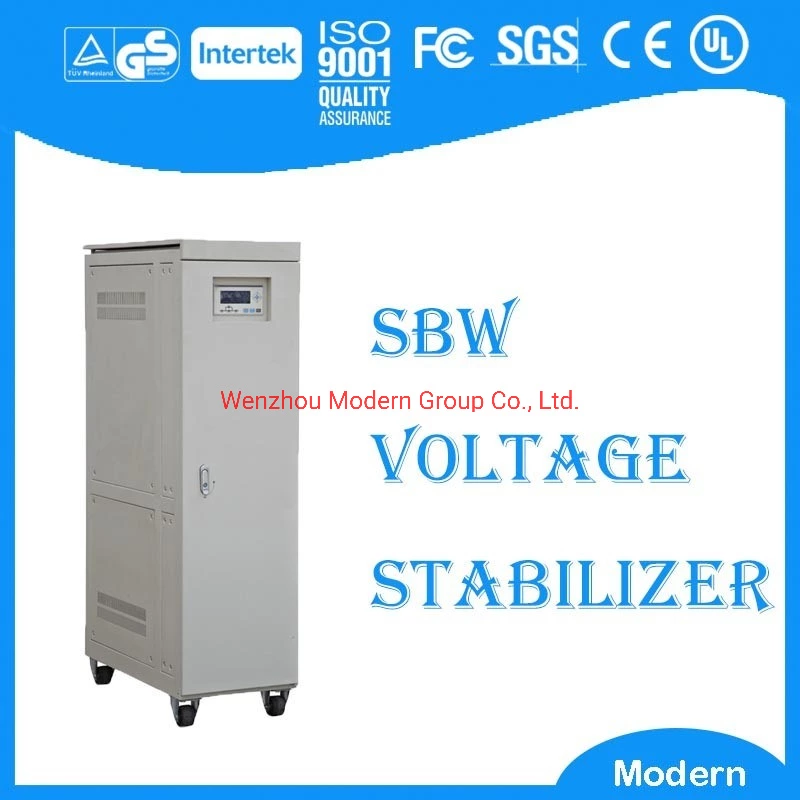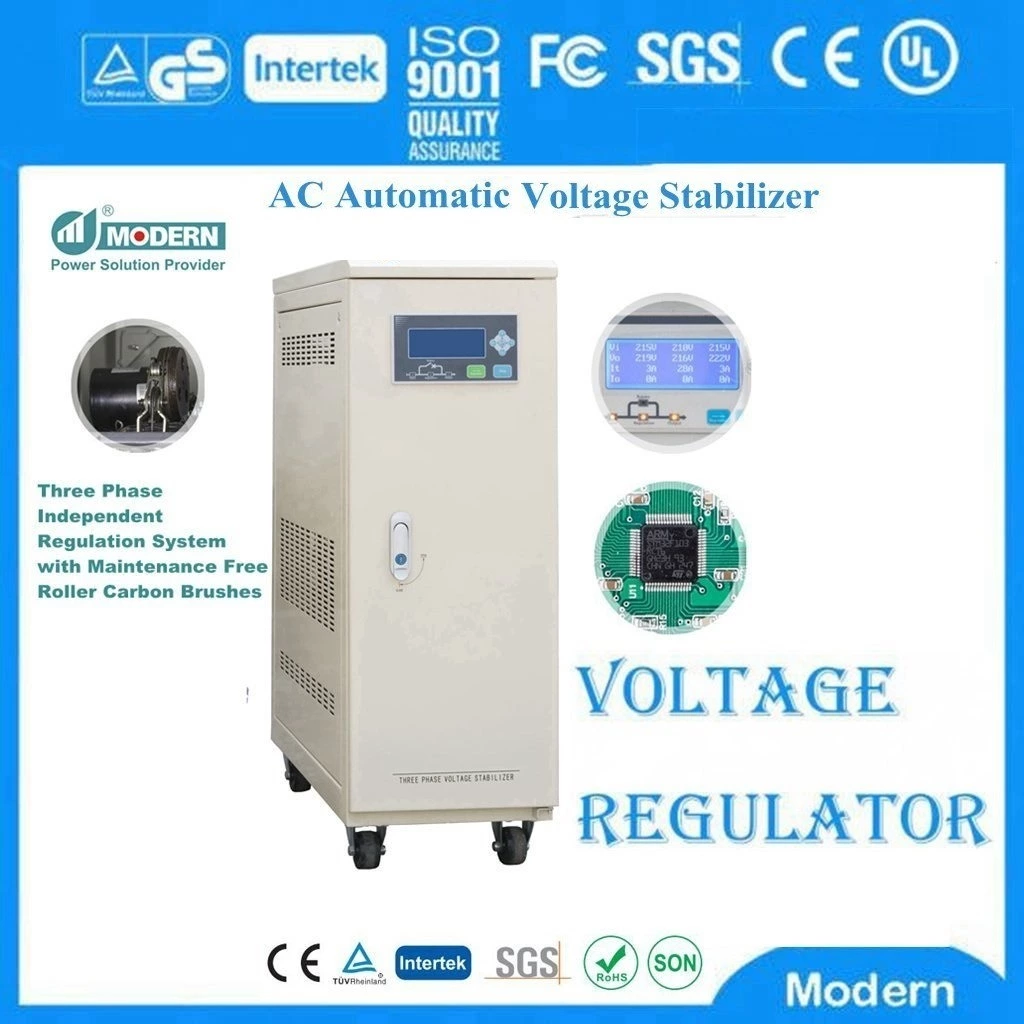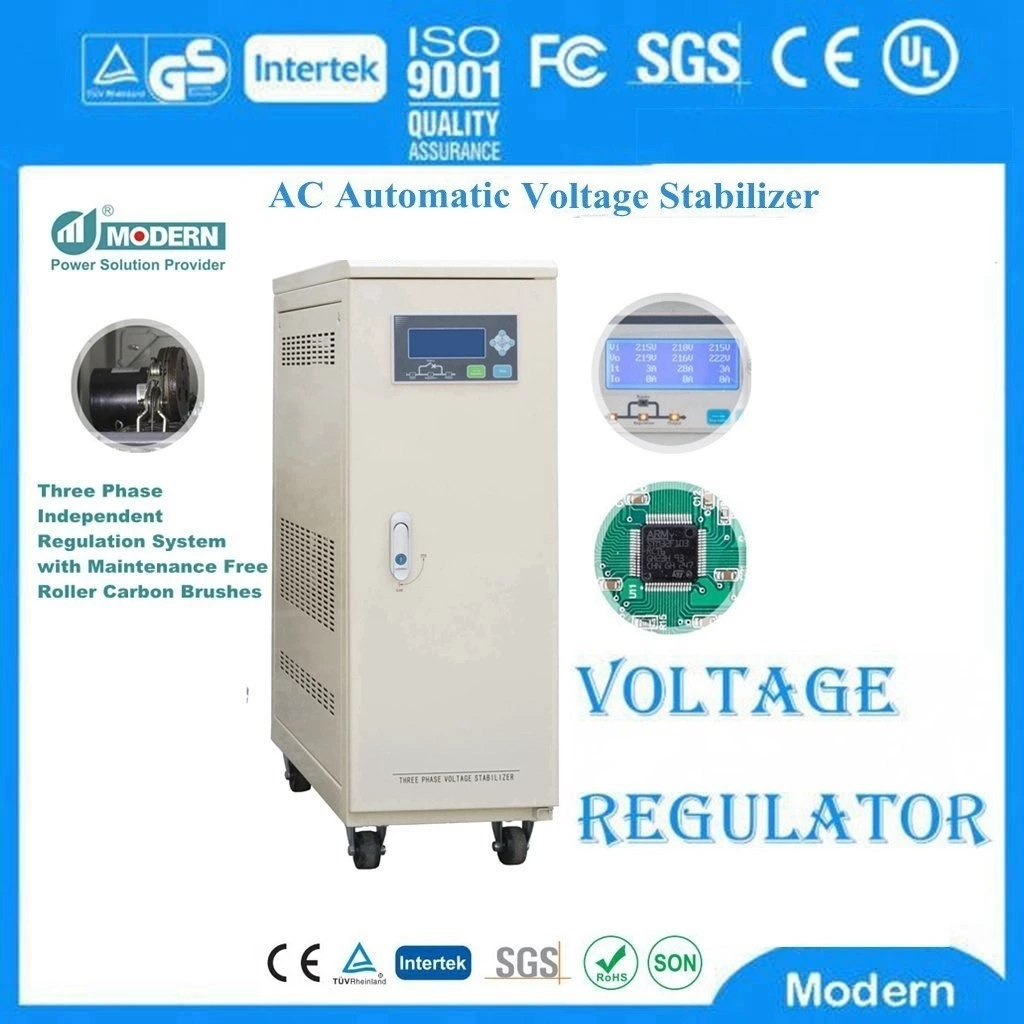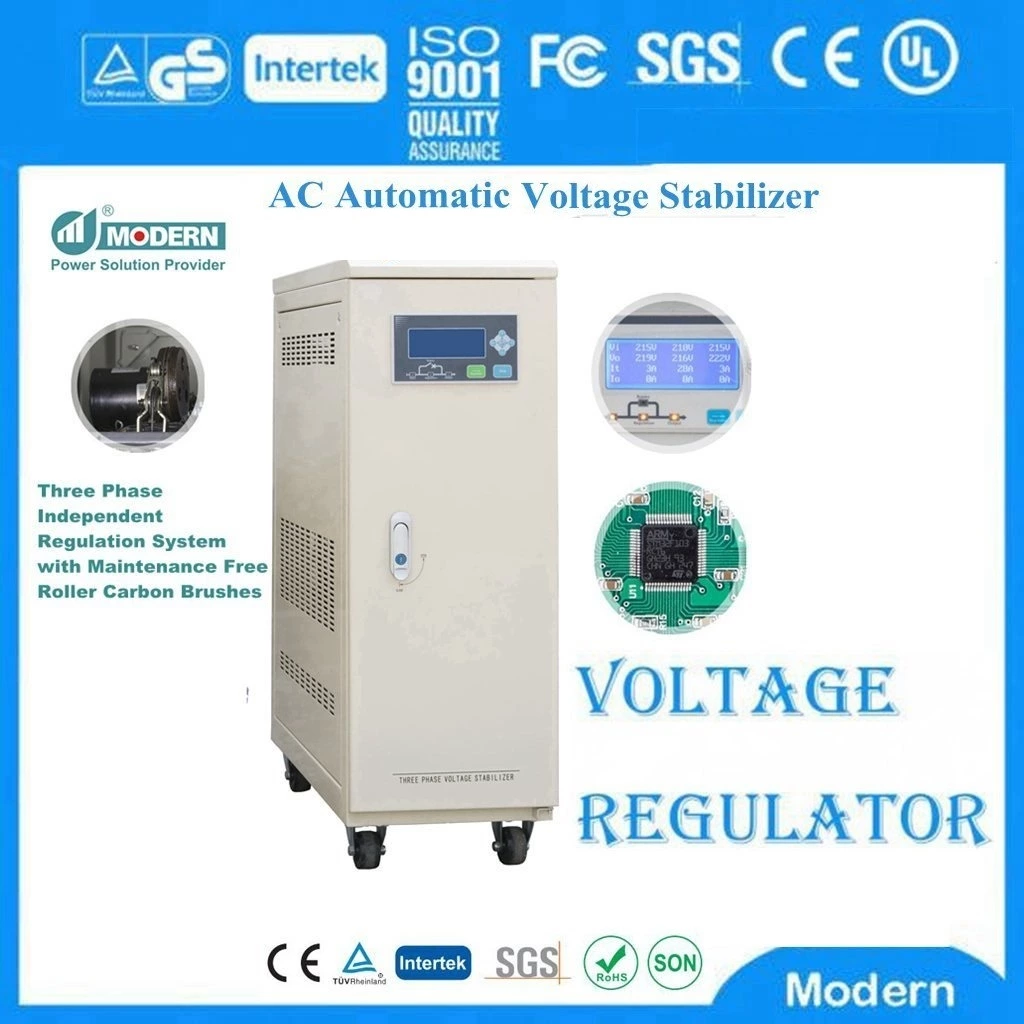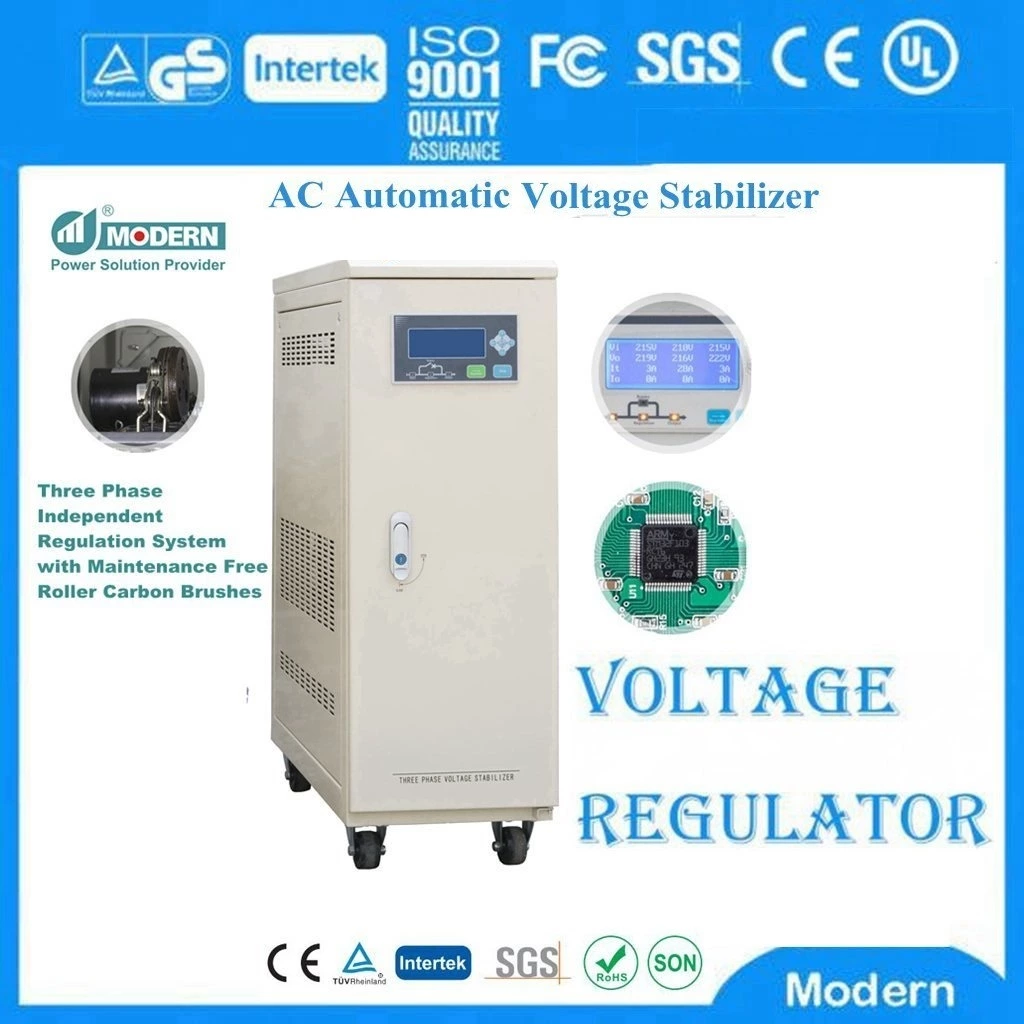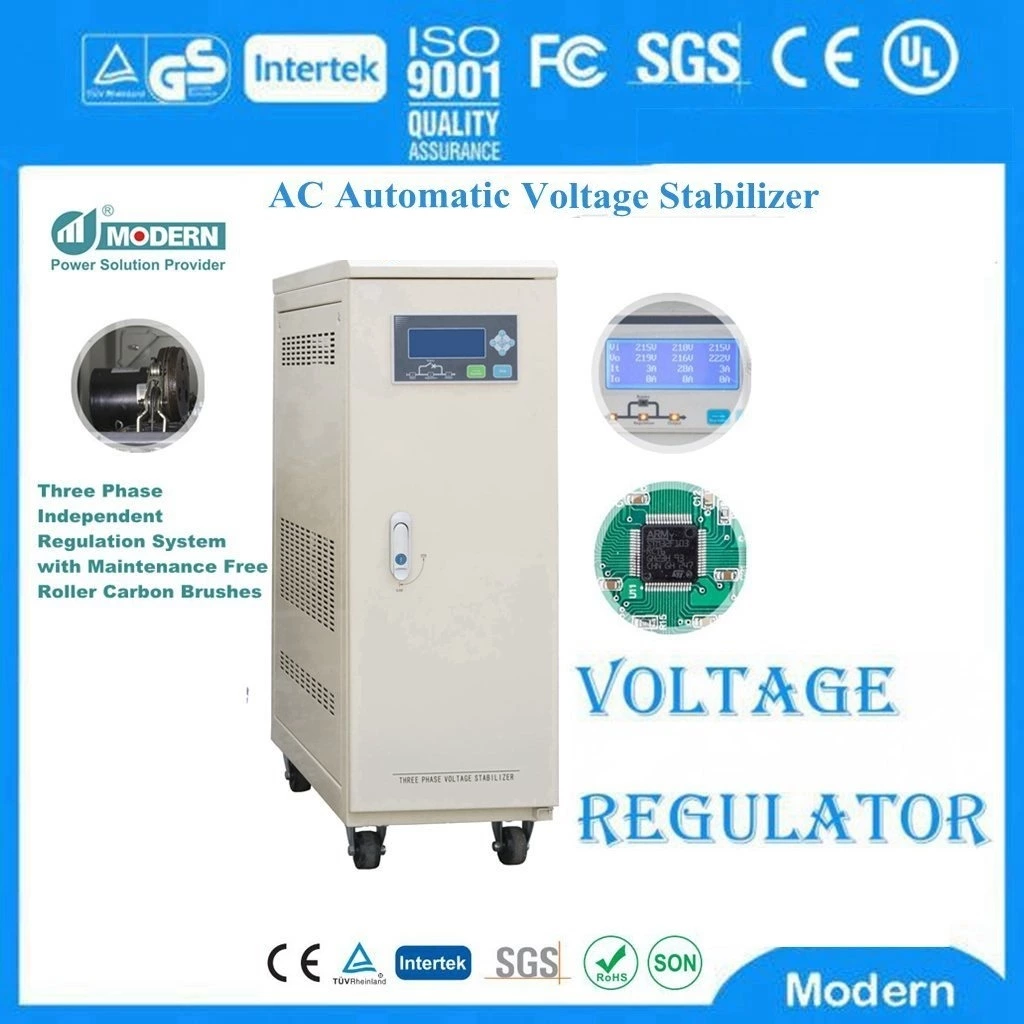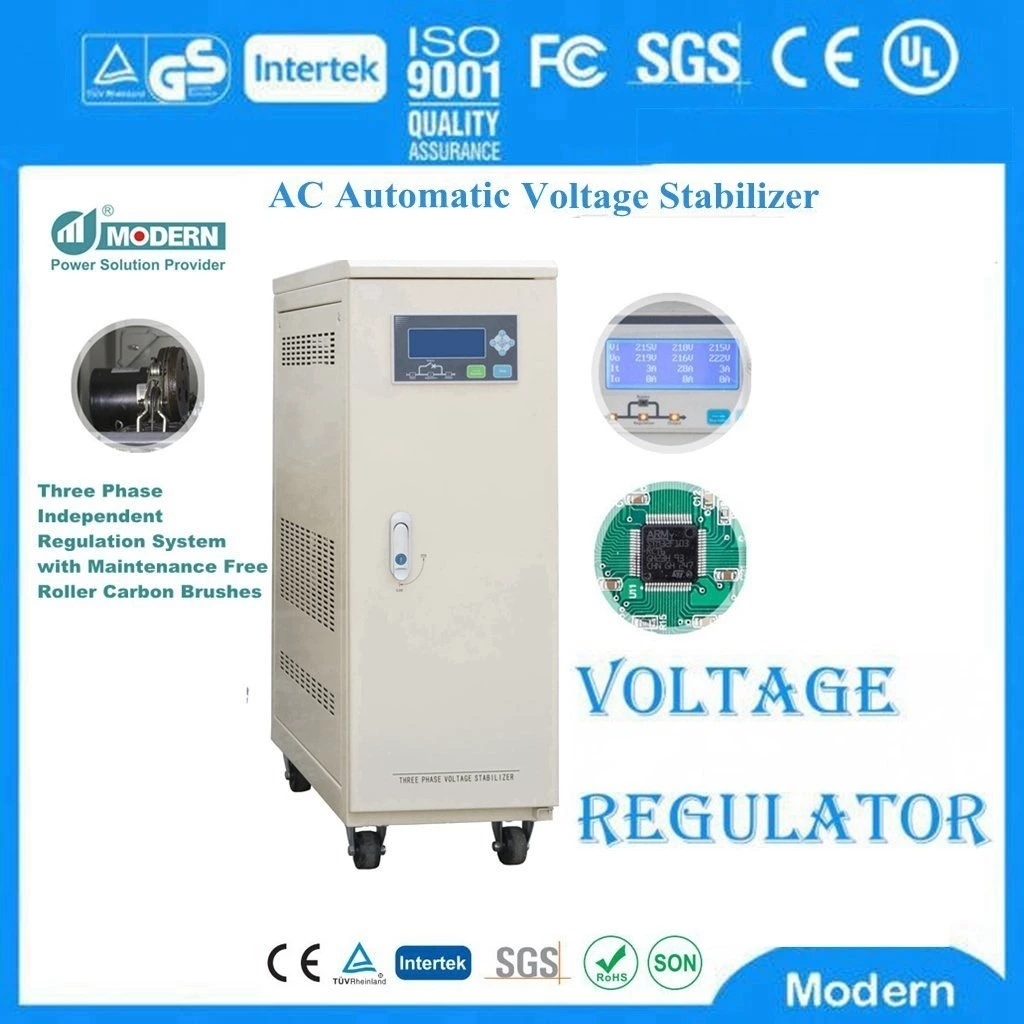The Role Of Ac Reactor
The main functions of AC Reactors are anti-interference, reducing the pollution of high-order harmonics to the power grid, protecting electrical equipment, enhancing current, balancing voltage and improving power factor.
Anti-interference: In AC circuits, AC reactors can effectively prevent high-order harmonics from polluting the power grid. This is due to its inductance characteristics, which allows AC current to pass while preventing high-frequency harmonics from entering the power grid, thereby protecting electrical equipment from damage.
Reducing the pollution of high-order harmonics to the power grid: In AC circuits, electrical equipment may generate high-order harmonics, which may pollute the power grid if not controlled. AC reactors effectively prevent the propagation of high-order harmonics through their inductance characteristics, thereby protecting the stability and security of the power grid.
Protecting electrical equipment: By installing AC reactors at the incoming line end of electrical equipment, high-order harmonics generated by electrical equipment can be effectively prevented from polluting the power grid. This not only extends the service life of electrical equipment, but also reduces the cost of maintenance and replacement.
Enhance current: When the circuit needs to increase the current, the AC reactor can provide additional current support to maintain the stability and safety of the circuit. This is very useful when the circuit load capacity needs to be increased.
Balance voltage: In the power system, voltage balance is essential for the normal and stable operation of the power grid. The AC reactor, through its inductance characteristics, helps balance the voltage difference between the phases and prevent the occurrence of line overload faults.
Improve power factor: The AC reactor can improve the power factor of the power system, which helps to reduce the loss of reactive power and improve the overall efficiency of the power system.
Other application scenarios: In addition to the main functions mentioned above, there are other application scenarios for AC reactors. For example, using an AC reactor at the input of the inverter can absorb surges and operating overvoltages of the power grid, thereby protecting the equipment behind the inverter; at the same time, it can also suppress the power frequency harmonic current of the inverter.
Through these functions and application scenarios, AC reactors play an indispensable role in modern power systems, ensuring the safe, stable and efficient operation of the power grid.
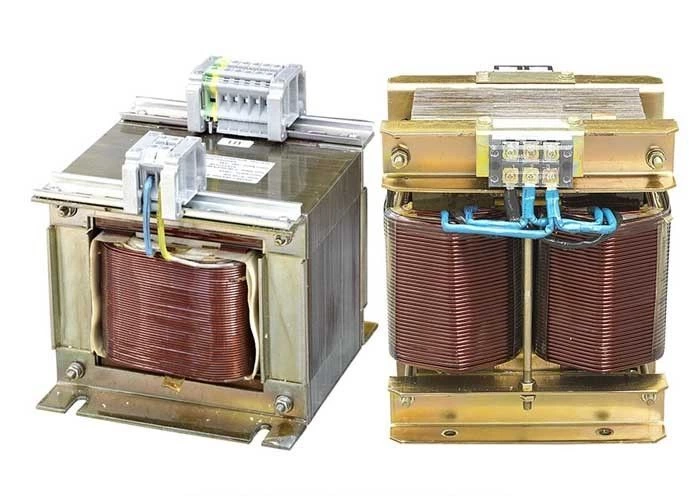
 Русский
Русский
 Français
Français
 Português
Português
 Español
Español
 اللغة العربية
اللغة العربية
